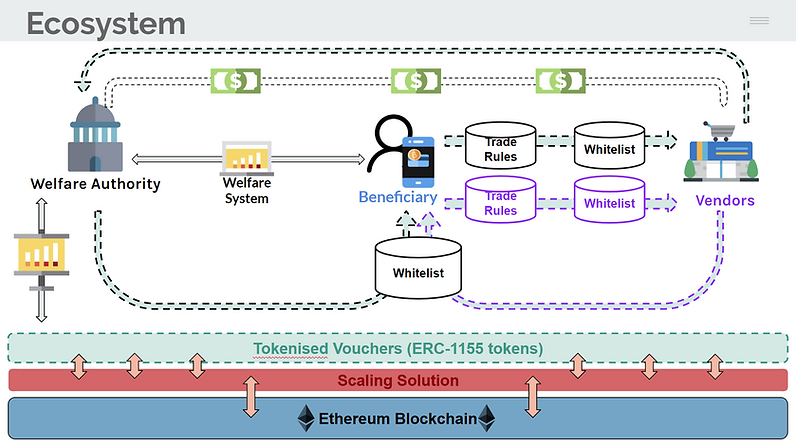
A workable approach to UBS
PROJECT PERYTON
What is UBS (Universal Basic Services)?
UBS is the provision of sufficient free public services, as can be afforded from a reasonable tax on incomes, to enable every citizen's safety, opportunity, and participation in society.
In short, it is a social support system to ensure a minimum quality of welfare for citizens with free basic provision of food, electricity, transport, housing and internet and other basic human rights.
Find out more about UBS here.
Why not UBI (Universal Basic Income)?
UBI is the idea that the government gives each person a minimum monthly sum regardless of circumstances or need.
However, the cost, both financially and politically, is too high to be a feasible solution to existing welfare issues. The idea of giving people of all backgrounds money with no conditions does not sit well with the general public.
Recent studies, such as that by the UK's Institute for Global Prosperity, propose that UBS is more cost-effective and progressive than UBI.
What is Project Peryton?
Opponents to UBS argue that the government must interfere with existing free markets in order to provide free basic services to all. This impacts the workings of competitive markets and reduces consumer choice. However, Peryton Consulting has identified technology solutions which allow services to be provided or subsidised by government with minimal intervention in existing markets.
Utilising existing blockchain ecosystems (don't worry, not building a cryptocurrency!) we believe it is possible to create a welfare benefits ecosystem where services and supplies can be gifted while also combating black markets and corruption.
Project Peryton aims to encourage further investigation into implementation of UBS and push for upcoming trials of UBI to include aspects of UBS. In addition, our own projects seek to develop voucher ecosystems to test and build out the technology. Currently this includes non-profit creation and management of retail vouchers for SMEs and food aid vouchers for refugee organisations; as well as developed and developing nations.
What would such a ecosystem look like?
- Welfare Authority prints vouchers secured as tokens (ERC-1155) created on the Ethereum blockchain.
- These can be distributed remotely or locally to approved Beneficiaries' smartphones or bespoke NFC cards.
- Smart contracts are used to secure rules around how these voucher tokens are transferred.
- Beneficiaries spend vouchers with approved Vendors who have these purchased back by Authority at assigned $ value.

For additional details including scope of involved technologies and parties please reach out and contact us.
